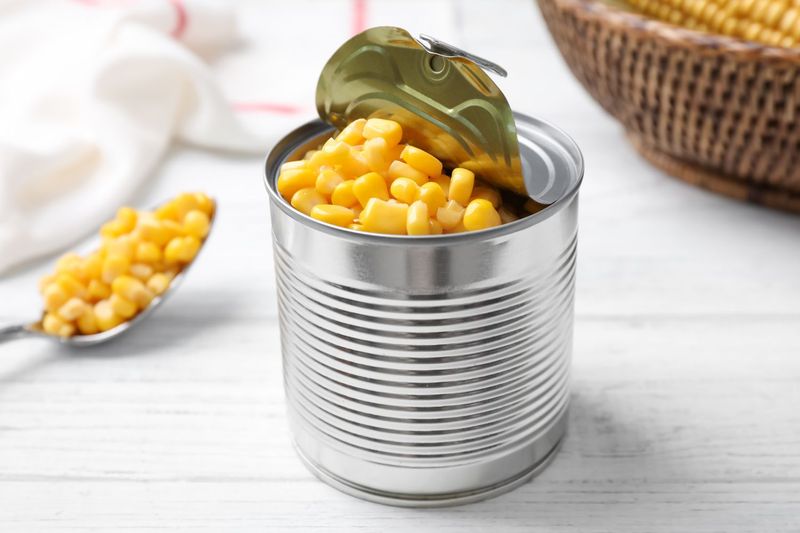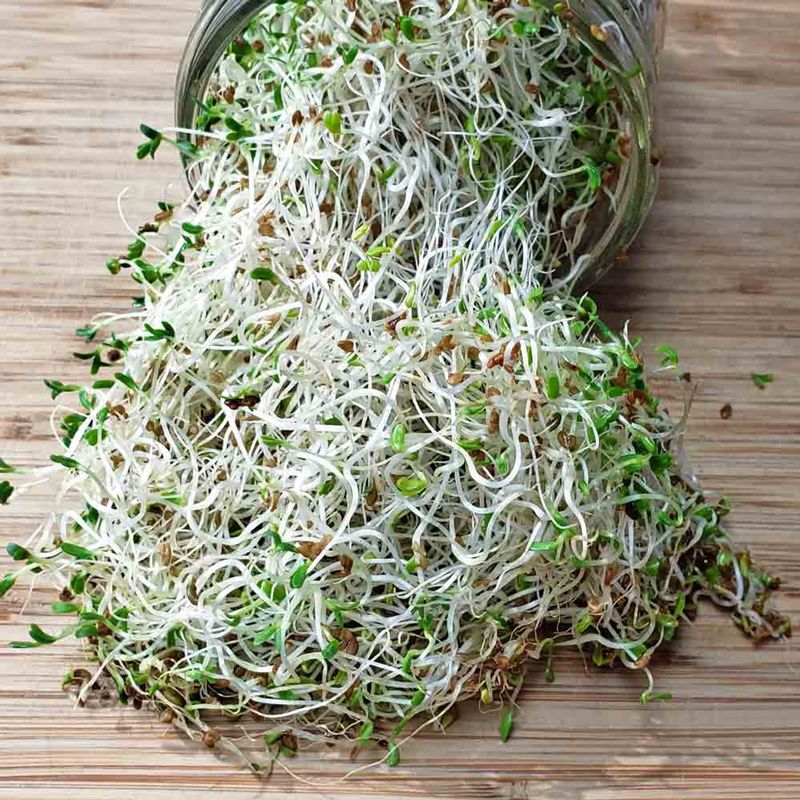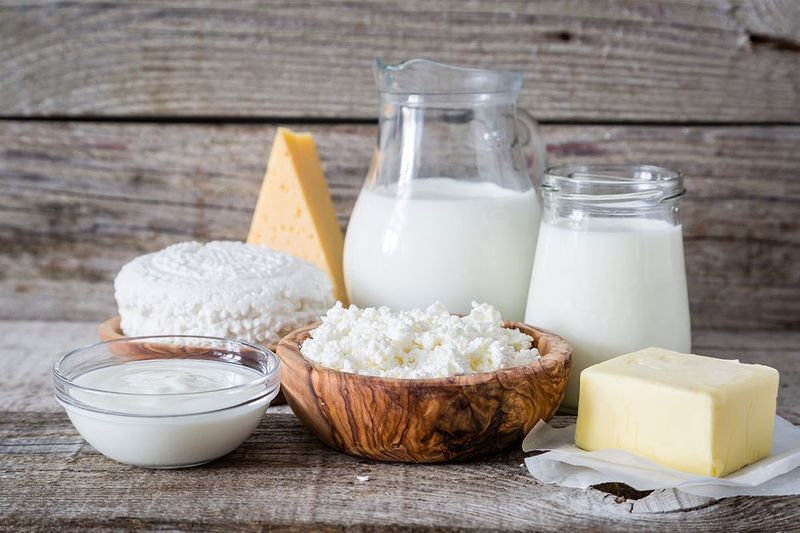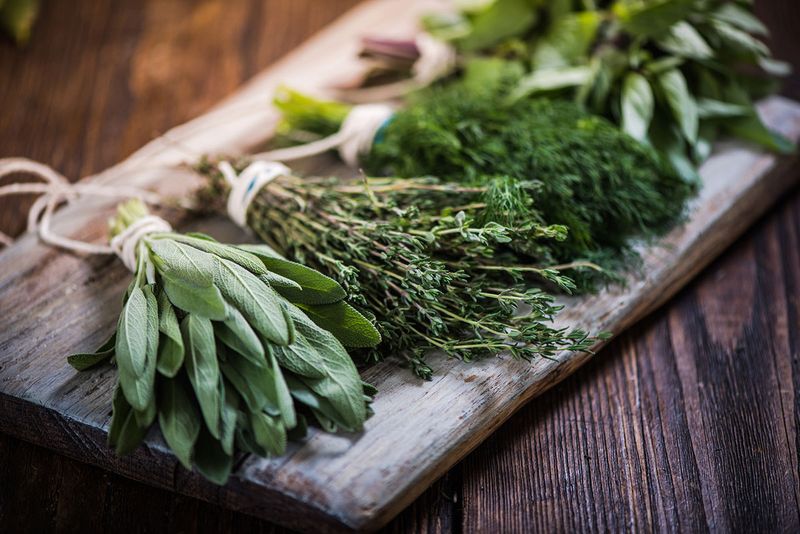Your refrigerator might seem like a safe haven for leftovers, but some foods can turn dangerous faster than you think. Many common items we eat every day can become breeding grounds for harmful bacteria in just 24 hours.
Understanding which foods spoil quickly can help protect you and your family from foodborne illness. Here are ten everyday foods that require extra caution when storing.
1. Cooked Rice
Bacillus cereus loves nothing more than a bowl of leftover rice sitting at room temperature. This sneaky bacteria can multiply rapidly in cooked rice, producing toxins that cause serious stomach problems.
Room temperature rice becomes a perfect breeding ground within hours of cooking. The bacteria can survive the cooking process and wake up when conditions are just right.
Always refrigerate cooked rice within two hours of cooking, and never leave it out overnight. When reheating, make sure it reaches steaming hot temperatures throughout to kill any lurking bacteria.
2. Cut Melons
Fresh melon slices might look perfectly fine after a day, but appearances can be deceiving. Once you slice into a melon, you expose the sweet flesh to bacteria that can multiply quickly.
Salmonella and other harmful germs can grow rapidly on cut melon surfaces. The high water content and natural sugars create an ideal environment for bacterial growth.
Cut melons should be refrigerated immediately and eaten within 24 hours for maximum safety. If the melon has been sitting out for more than two hours, throw it away to avoid potential illness.
3. Opened Canned Foods
That half-used can of tomatoes in your fridge might seem fine, but opened canned goods can become contaminated surprisingly fast. Metal cans aren’t meant for long-term storage once opened.
Bacteria can enter through the opening and multiply in the moist environment. The metal can also affect the taste and safety of the food over time.
Transfer opened canned foods to clean containers immediately after opening. Use them within one to two days, and always smell and inspect before eating to check for any signs of spoilage.
4. Cooked Pasta
Leftover spaghetti might call your name from the fridge, but cooked pasta can harbor dangerous bacteria after just one day. The moist, starchy environment is perfect for bacterial growth.
Pasta salads and other dishes with cooked noodles are especially risky when left out. Bacteria can multiply rapidly in these protein and carbohydrate-rich foods.
Store cooked pasta in the refrigerator within two hours of cooking. Even when properly stored, use it within 24-48 hours and reheat thoroughly before eating to ensure safety.
5. Fresh Sprouts
Bean sprouts and alfalfa sprouts might look healthy, but they’re actually high-risk foods that can become dangerous quickly. The warm, humid conditions needed to grow sprouts also encourage harmful bacteria.
E. coli and Salmonella can hide in sprout seeds and multiply rapidly. Even properly stored sprouts can become unsafe within a day of purchase.
Buy sprouts only when you plan to use them immediately. Keep them refrigerated and use within 24 hours of opening the package for the safest consumption.
6. Sliced Deli Meat
Freshly sliced turkey or ham from the deli counter can turn risky faster than packaged varieties. The slicing process can introduce bacteria, and the moist surface area promotes rapid growth.
Listeria is particularly dangerous in deli meats and can multiply even in cold temperatures. Pregnant women and elderly people face especially high risks from contaminated deli meat.
Use sliced deli meat within one to two days of purchase. Keep it properly refrigerated and trust your nose – if it smells off or feels slimy, discard it immediately.
7. Cooked Eggs
Hard-boiled eggs seem like the perfect make-ahead snack, but they can become unsafe surprisingly quickly. Once cooked, eggs lose some of their natural protective barriers against bacteria.
Cracked shells allow bacteria to enter the egg white and yolk. Even intact cooked eggs can develop harmful bacteria if stored improperly or kept too long.
Store cooked eggs in the refrigerator immediately after cooking. Use them within one week for hard-boiled eggs, or within 24 hours for egg dishes like egg salad or deviled eggs.
8. Opened Dairy Products
Milk, cream, and yogurt can sour quickly once opened, even when refrigerated properly. The exposure to air and potential contaminants can cause rapid bacterial growth.
Spoiled dairy products can cause severe stomach upset and food poisoning. The bacteria that grow in dairy can be particularly unpleasant and dangerous.
Always check expiration dates and smell dairy products before using. Once opened, use milk within five to seven days, and cream or yogurt within three to five days for optimal safety.
9. Cooked Seafood
Yesterday’s fish dinner can become today’s food poisoning nightmare if not handled properly. Seafood spoils faster than most other proteins due to its delicate nature and high moisture content.
Bacteria and toxins can develop rapidly in cooked fish and shellfish. The smell might not always indicate spoilage, making seafood particularly tricky to judge.
Eat cooked seafood within 24 hours of cooking for maximum safety. Keep it refrigerated at all times and reheat thoroughly before eating. When in doubt, throw it out completely.
10. Fresh Herbs
Basil, cilantro, and parsley might wilt quickly, but they can also become contaminated with harmful bacteria. Fresh herbs are often grown in conditions that can introduce pathogens.
Washing helps but doesn’t eliminate all risks. The delicate leaves can harbor bacteria in tiny crevices that are hard to clean thoroughly.
Use fresh herbs within 24-48 hours of purchase when possible. Store them properly in the refrigerator and wash thoroughly before using. Discard any herbs that show signs of sliminess or dark spots.










Leave a comment